Thank you for subscribing to the Hydrogen Tech World Magazine!
Within minutes you will receive an email with a link that will lead you to the latest issue of the magazine.
You will receive an email notification every time there is a new issue available.
Please join us on LinkedIn to stay updated on the latest developments in the Hydrogen industry.
Follow us here: https://www.linkedin.com/showcase/hydrogen-tech-world/
Or find our latest news articles below.
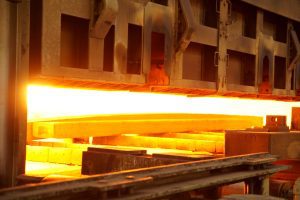
thyssenkrupp Hohenlimburg upgrades furnace system to enable hydrogen use
thyssenkrupp Hohenlimburg has completed a major modernisation of its Walking Beam Furnace 3 (HBO 3), investing a low double-digit million euro amount to prepare the facility for hydrogen-enriched fuel gas operation.
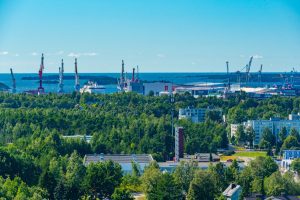
TES and CPC Finland to develop 500 MW e-NG project at Port of Rauma
Tree Energy Solutions (TES) and CPC Finland have announced the formation of a joint venture, Luoto Energia Oy, to develop a 500 MW electric natural gas (e-NG) facility at the Port of Rauma in Finland.
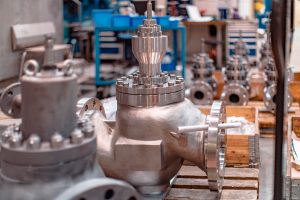
PRUSS: engineering reliability in a changing energy landscape
Founded in 1889, PRUSS has long been recognised for its specialised expertise in control valves and actuators, with a strong foothold in gas-fired power generation and a growing presence across the hydrogen value chain. In recent years, the Hanover-based company has expanded its product portfolio, machining capabilities, and global footprint, further strengthening its position in the evolving energy sector. We caught up with Wilfried Drehmel, CEO of PRUSS, to learn how the company is navigating a challenging yet opportunity-rich landscape.
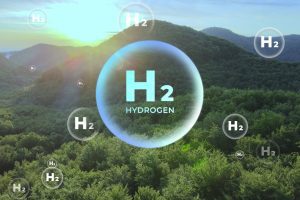
TÜV Rheinland approved to certify sustainable hydrogen under CertifHy program
TÜV Rheinland has been recognised as one of the first certification bodies for the CertifHy-EU-RFNBO programme. This recognition allows TÜV Rheinland experts to certify whether hydrogen or other renewable fuels of non-biological origin (RFNBOs) are sustainably produced in accordance with the programme’s standards.
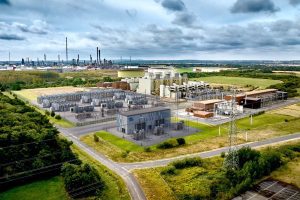
ITM Power signs FEED contract for Uniper’s 120 MW green hydrogen project in UK
ITM Power has signed the Front-End Engineering Design (FEED) contract for Uniper’s 120 MW Humber H₂ub® project, which was recently shortlisted as part of the UK’s Hydrogen Allocation Round 2 (HAR2). This follows ITM’s selection as the electrolyser supplier for the project, announced on 8 May 2025.
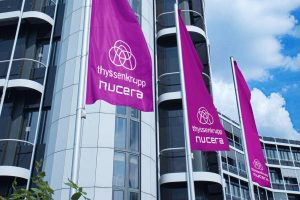
thyssenkrupp nucera to acquire technology assets from Green Hydrogen Systems
thyssenkrupp nucera has signed an agreement to acquire key technology assets from Green Hydrogen Systems, a Danish company specialized in pressurized alkaline electrolysis.

